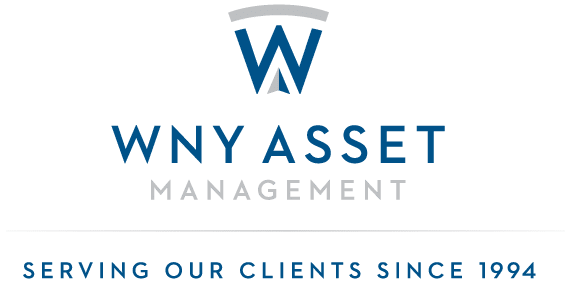
The chance that someone will assume your identity to open fraudulent bank or credit accounts is increasing as thieves become more sophisticated. The best way to protect yourself is to try to prevent this from happening in the first place.
Some ideas to help protect yourself:
- Make a list of all of your credit cards, even those you don’t carry in your wallet. Include accountnumbers and the names and emergency phone numbers of each issuer. Store this in a secureplace that’s quickly accessible to you. Don’t keep it in your wallet!
- If possible, don’t let your credit card out of your sight when you use it to pay for a store or restaurant purchase.
- Don’t carry your birth certificate or Social Security card in your wallet.
- Install a locked mailbox to prevent mail theft. Call your credit card company or bank immediately if your statement doesn’t show up on time.
- When dining out, keep your purse or wallet secure. Leaving it on the table when you go to the salad bar is a no-no.
- Use drive-through ATMs if possible. If you can’t, use ATMs inside stores or in well-lit, well-trafficked areas. Never let anyone see you type in your personal identification number, and don’t write it on your ATM card.
- Shred pre-approved credit card or loan applications, and those checks your credit card company mails you, before you throw them in the trash.
- Check your bank statements as soon as you receive them, and order a copy of your credit report at least once a year. Check it over for signs of fraudulent activity.
- If you live in a state that uses Social Security numbers on your driver’s license, ask for a randomly assigned number.
- Don’t give out your Social Security, credit card, or bank account number to anyone who calls you. Give them out only when you have initiated the call.
- If you are concerned about a potential scam, call the local police.
If your wallet or personal identification is stolen, don’t wait. Minimize potential damage by calling the police and other parties such as your credit card companies, your bank, and the three major credit bureaus (Experian (888) 397-3742, Equifax (800) 685-1111, and Trans Union (800) 680-7289). Ask each credit bureau to place a fraud alert on your credit report to alert creditors that your financial information is or may be compromised.
IMPORTANT DISCLOSURES Broadridge Investor Communication Solutions, Inc. does not provide investment, tax, legal, or retirement advice or recommendations. The information presented here is not specific to any individual's personal circumstances. To the extent that this material concerns tax matters, it is not intended or written to be used, and cannot be used, by a taxpayer for the purpose of avoiding penalties that may be imposed by law. Each taxpayer should seek independent advice from a tax professional based on his or her individual circumstances. These materials are provided for general information and educational purposes based upon publicly available information from sources believed to be reliable — we cannot assure the accuracy or completeness of these materials. The information in these materials may change at any time and without notice.
Prepared by Broadridge Investor Communication Solutions, Inc. Copyright 2021.
